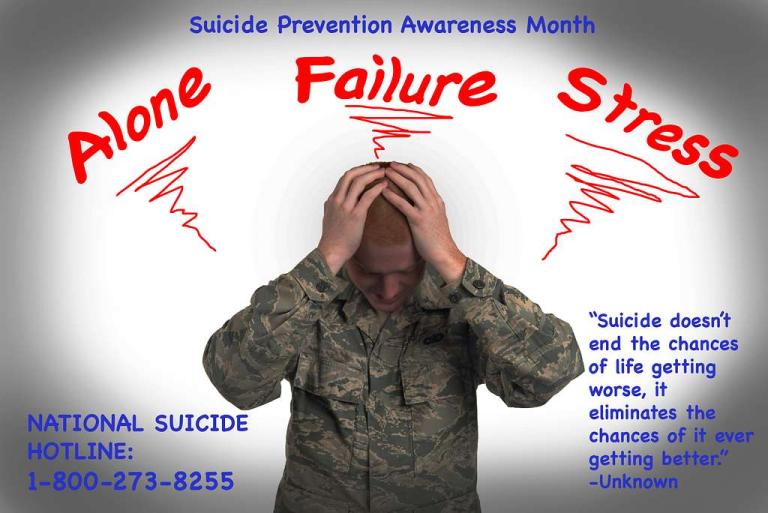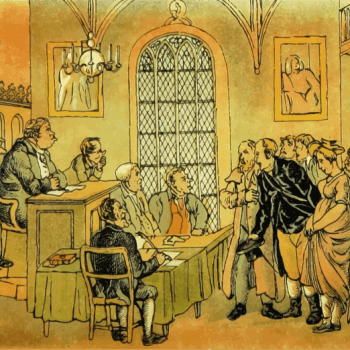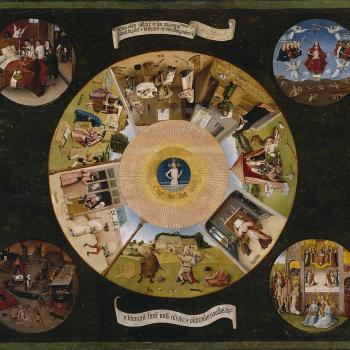
Type “Suicide” into Google and what immediately comes up is “Help is available: Speak with someone today: 988 Suicide and Crisis Lifeline.” Then comes icons that a searcher can click to call or text the suicide hotline, followed by other offerings of help, until finally listing the search results.
Similar offers of help have become obligatory when a post, article, or video raises the topic of suicide. In an article for the Catholic Herald, legal writer Nicholas Reed Langen cites a billboard in a UK train station put up by the Samaritans, an international suicide prevention charity. The sign urges those who are considering ending their lives–and are perhaps contemplating jumping onto the tracks–to stop, call the hotline, and talk. The counselors who talk with the suicidal usually try to get them to realize this:
Suicide prevention charities like the Samaritans attempt to reassure those who feel like they no longer matter. They try to remind the depressed and the suicidal that their depression is a sickness that does not define them, and that their life is worth living. Vital to this is recognising that every life matters in and of itself. Not because of what someone has done or may go on to do for society, but because it is.
But even as societies have become careful not to “trigger” the suicidal but to encourage them to call suicide hotlines, where they are taught that their lives have value, the same societies are legalizing euthanasia and assisted suicide, which teaches the opposite.
Euthanasia and assisted suicide are now legal in ten countries and ten of the United States, with more in various stages of adoption. But none of them have gone as far as Canada. whose Medical Assistance in Dying Act (MAiD), passed in 2016 for those suffering from “grievous and irremediable” illness, keeps getting extended to now include those suffering from non-fatal illnesses, mental health problems, and poverty. And other categories keep being added to the list.
Comments Langen,
MAiD has done much to shift Canada’s view of life’s value, elevating the opinion that life contains value only so long as it is in pursuit of some greater reward. Life alone is not enough, let alone a life encumbered with suffering. Health-care professionals have suggested MAiD to Army veterans suffering from PTSD as well as to the homeless.
The lesson increasingly being taught alongside MAiD is that a life lived with trauma or a life on the streets is no life at all, and warrants being snuffed out. Such a life may not be one that anyone might desire, but that does not mean it is not a life. And in no moral universe is the solution to such a troubled life merely death.
Right now Canada is considering extending MAiD for depression. Langen describes a television report in support of that:
For the severely depressed, like Mitchell Tremblay, who spoke to CTV about how his life was “worthless” and about his desire for an assisted death, extending legislation like MAiD to encompass mental illness confirms the deepest and darkest fears of the vulnerable. It tells them that their belief in their degraded self-worth is true, and is shared by the State and so the rest of society. Legislation like this stamps society’s imprimatur upon the tragedy of self-destruction.
Arguments for killing the suffering or helping them commit suicide often hinge on the principle of autonomy, that the dignity of an individual inheres not in their lives as an intrinsic good, but in their individual choice. But, says Langen, legalizing euthanasia and assisted suicide “does not respect their autonomy, but intrudes upon it, making them consider a question that is anathema to human nature: ‘When do I want to die?'”
And by “habituating society to expect autonomy over death,” it teaches the” belief that one ought to die.”
Illustration from Defense Visual Information Distribution Service via Picryl, Public Domain

















